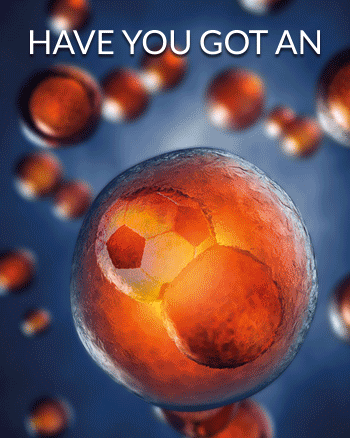Keywords
Hereditary angioedema, autoimmunity, multiple sclerosis, teriflunomide
Abstract
Background: Hereditary angioedema is a rare hereditary and potentially life-threatening disorder characterized by recurrent attacks of cutaneous and submucosal swelling. In spite of the advances made in terms of pathophysiology, underlying mechanisms are not fully clear and this, in turn, hinders the development of effective therapies. Currently, on demand treatment is considered first-class, with few cost-effective, long-term prophylactic options.
Case presentation: Here we describe the case of a 34-year-old man diagnosed with hereditary angioedema at the age of 10, who used to suffer several angioedema attacks per month. He was given prophylactic treatment with antifibrinolytic agents and androgens without improvement. Moreover, he was treated with plasma-derived C1-INH concentrate or icatibant for on-demand treatment of moderate and severe angioedema attacks. At the age of 33, after suffering sudden vision loss and lower limb paresthesia, he was studied and diagnosed with multiple sclerosis. Teriflunomide was administered at a dosage of 14 mg/day. Angioedema attacks disappeared 40 days after starting treatment.
Conclusion: Thus, we suggest considering the pathophysiologic mechanisms on which teriflunomide could be active and consider this drug carefully as an option for prophylaxis purposes. Yet, its effectiveness on this condition should be further studied.
References

Views: 432
HTML downloads: 78
PDF downloads: 512
Published:
2023-03-18
Issue:
2023: Vol 10 No 3
(view)










